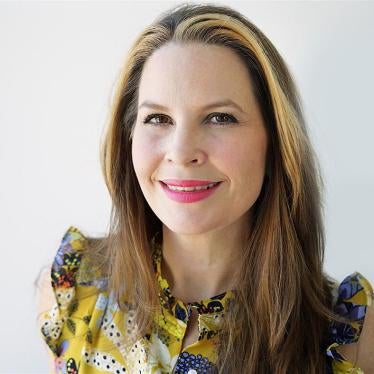"We will watch the London Olympics and we will cheer for our men competing there, hoping that some day we can root for our women as well … When Saudi women get a chance to compete for their country, they will raise the flag so high."
– Reema Abdullah, coach and player for private Saudi women's soccer team, the Jeddah Kings
Fireworks will soon light up the opening ceremony for the 2012 Olympic Games in London. In the "Parade of Nations", the world's best male and female athletes will walk and wave behind every country's flag – all except the Saudi flag, behind which only men will march. In June, Saudi authorities had pledged to abide by the Olympics mandate of gender equality by allowing at least one "qualified" woman to compete, for the first time.
The Saudi National Olympic Committee now says it cannot find a single woman to represent the country.
With days to go until the Olympics begin, how did this come to pass?
In 2008, Saudi Arabia, Qatar and Brunei fielded all-male teams. The International Olympic Committee's goal for the 2012 Games was to have been that all participating teams include women. But Saudi Arabia is a global outlier in women's rights, banning women and girlsnot only from meaningfully taking part in sport in the country, but also from making even the most basic decisions about their lives.
The International Olympic Committee and the United Kingdom as the host country have pressured Saudi Arabia to comply with the rules, to no avail. The Saudi failure to send women is a clear violation of the Olympic Charter, which states:
"The practice of sport is a human right. Every individual must have the possibility of practicing sport, without discrimination of any kind. [Any] form of discrimination with regard to a country or a person on grounds of race, religion, politics, gender or otherwise is incompatible with belonging to the Olympic Movement."
Despite these rules, Prince Nawaf al-Faisal, the head of the Saudi National Olympic Committee, who is also the sports minister (and an elected member of the governing International Olympic Committee itself) said, "At present, we are not embracing any female Saudi participation in the Olympics or other international championships." This is consistent with the systematic discrimination against women and girls in the kingdom.
Saudi Arabia has one of the world's worst records for respecting and protecting women's rights. Under the government's male "guardianship" system, women must obtain permission from a father, husband, or even a son to study, marry or access healthcare. They are not allowed to make decisions about their children, such as enrolling them in school. Notoriously, women in Saudi Arabia are banned even from driving a car.
Alone in the world, Saudi Arabia – as a matter of government policy – bars millions of girls from taking part in sport in schools. Even some private gyms for women have been closed down. The Saudi National Olympic Committee has no women's section. In fact, as explained in Human Rights Watch's report, government restrictions on women essentially bar them from sport (Reema Abdullah's Jeddah Kings United is the only private sports company with a women's team).
As Reema Abdullah has asked, why should women in Saudi Arabia be denied the health benefits of sport and their dreams to compete?
Equally to the point, the International Olympic Committee and the international sporting community have dropped the ball on this issue by failing to turn up the heat on Saudi officials long ago. There is ample Olympic precedent for banning Saudi Arabia from the Games for not playing by the rules. In 1964, apartheid-era South Africa was barred from the Tokyo Olympics for racial discrimination, and was not permitted to participate until the end of apartheid. In 1999, Taliban-run Afghanistan was banned from the 2000 Sydney Olympics for similarly denying women the right to play.
Saudi leader King Abdullah, who has allowed some very limited reforms for women, is in ill-health. The risk that he may be succeeded by a more conservative leader means the international community – and the international sporting community – has a narrow window of opportunity to help secure the human rights of millions of Saudi women and girls, including their right to participate in sport. The Saudi ministry of education has written to Human Rights Watch that "The issue of girls' physical education is under serious consideration as one of the priorities of the ministry's leadership."
In that case, the IOC should use its leverage to get Saudi leaders to open up sports to millions of women in the Kingdom. This means setting a timeline and firm benchmarks for introducing sports for girls in public and private schools, allowing women's gyms and sports clubs to operate and creating women's sections in the sports ministry and the National Olympic Committee.
Saudi Arabia should play by the rules, and let women play – not just in London, but inside the Kingdom, once the 2012 Olympics are over.







